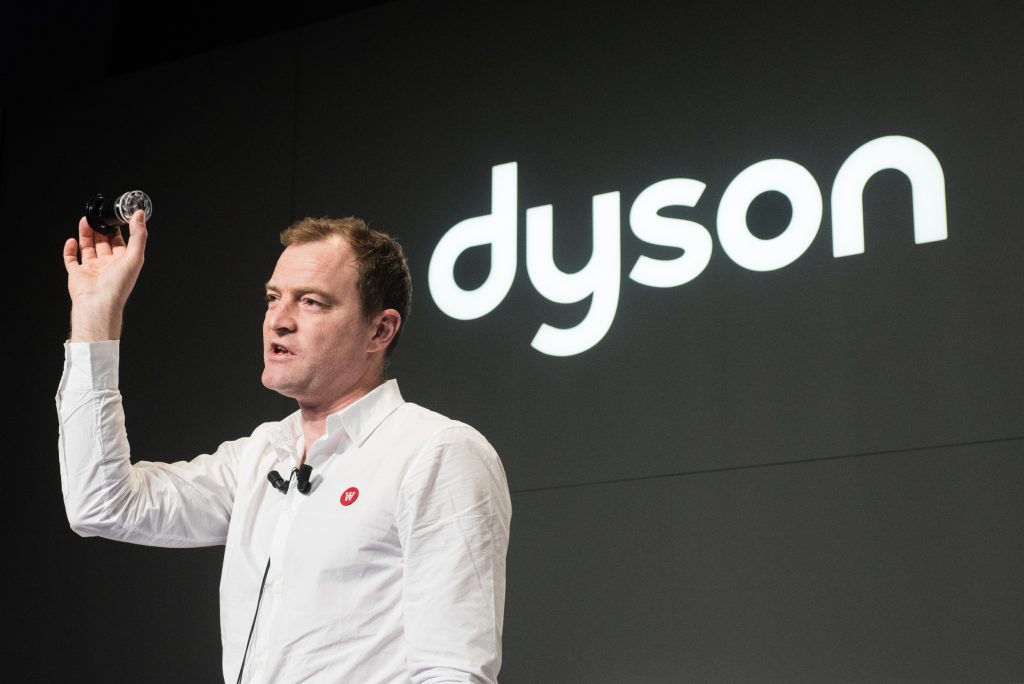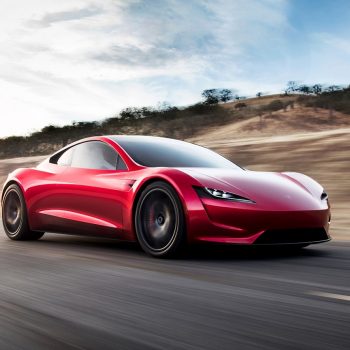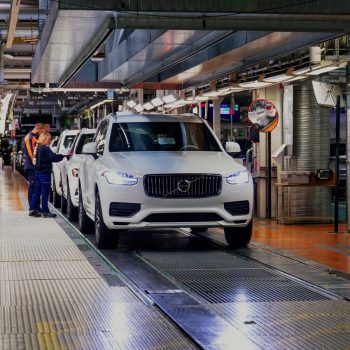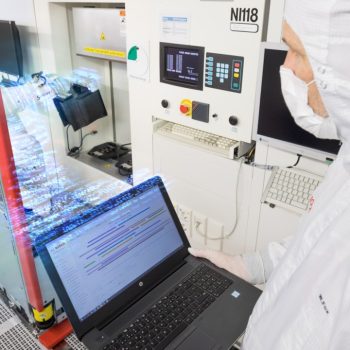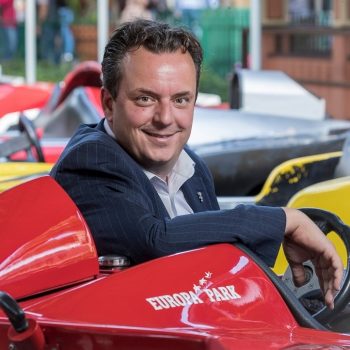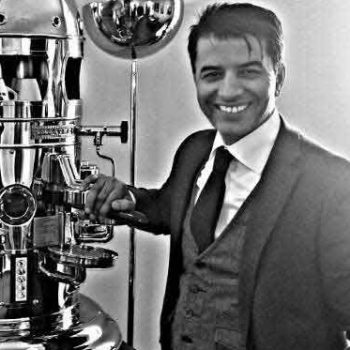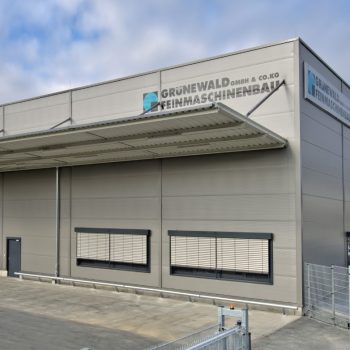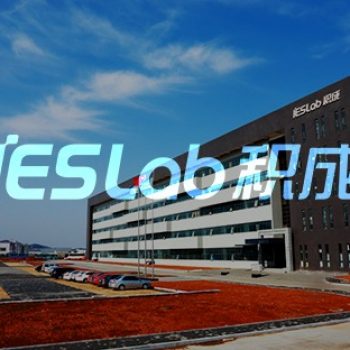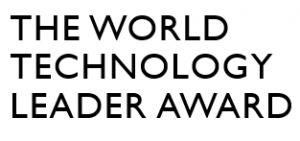Dyson, the world’s most innovative and sustainable manufacturer of power-efficient household and commercial appliances, receives the 2019 World Technology Leader Award. The company’s ergonomic products enable both consumers and businesses alike to become more efficient, less wasteful and achieve more with less.
Consumerism, excessive production and the throw-away culture are seeing a turning point. As climate change becomes increasingly more perceptible, customer buying behaviour is evolving. Consumers who feel responsible for preserving the environment from further disruption strive to reduce their environmental footprint by pursuing a less wasteful lifestyle. At the same time, manufacturing unsustainable, short lifespan machines remains “business as usual” for many corporations. But Dyson. The U.K. technology giant and its founder James Dyson pursue the vision of sustainability, resourcefulness and power-efficiency since the company establishment day on July 8, 1991. In 28 years, Dyson has rapidly grown from one man with one idea into a global technology firm, whose ergonomic products help both homes and businesses in 65 countries and regions across all continents to save on energy costs, CO2 emissions and waste.
Sustainable Technology Leadership
Upon the invention of the world’s first bagless vacuum cleaner, by James Dyson almost three decades ago, series of other futuristic products have followed: robot vacuums, heatless hand dryers, fastest hairdryers, quietest bladeless fans and heaters and many more. Although Dyson’s products serve different purposes, there is one thing they have in common: minimalistic user-friendly design. Fewer materials, lighter machines, less waste. But just as importantly, the devices are made of a high percentage of high-grade recyclable parts.
With its distinctive approach to lean manufacturing, Dyson has revolutionized the entire industry of household and commercial appliances. The company that reinvests roughly 46% of its profit in RDD has proven that sustainable technology is here to stay. With every new product launch, Dyson does not stop to surprise its customers, by continually innovating and disrupting the status quo. While the normal lifespan of household appliances ranges between 9 and 15 years, Dyson’s products are made to last. For example, whereas an average LED lamp functions for about 50,000 hours, the life span of Dyson lights last up to 140,000 hours. That sets the whole new benchmark of sustainability and resourcefulness for both homes and businesses alike.
The company that operates in more than 60 countries worldwide has a clear vision and market positioning, as an innovative green appliance brand, that continually optimizes its processes to achieve environmentally-neutral, resourceful and efficient manufacture. With experimentation being an integral part of the company’s invention process, Dyson engineers focus much of their effort on prototyping and testing to create much more durable products that serve longer than any alternative on the market.
The Less is More
At the core of Dyson’s high-performance devices are small but powerful digital motors that are designed to exploit every Watt of electric power maximally. With sustainability and ergonomics in mind, Dyson puts much investment into research and development of innovative and disrupting technology. But just as importantly, the company invests in the exploration of new materials with minimal ecological impact. Dyson’s innovation takes off the ground in Research, Design and Development laboratories in U.K., Malaysia and Singapore. The international RDD team consists of 1,600 experts with different backgrounds including material scientists, robotics, acoustics, electronics, microbiology and fluid dynamics.
Social responsibility
In addition to operating with the environmental responsibility in mind, the company supports the James Dyson Foundation, on its mission to help young people across 27 countries to pursue their education in STEM to become engineers and scientists – the world’s next-generation inventors and problem solvers. In the course of its existence, the Foundation donated over 60 million pounds or 69 million euro for charitable purposes.
With a passion for lean design and driven by the idea of creating more power-efficient, less wasteful and more sustainable solutions, Dyson is an excellent example of innovative energy. Based on entrepreneurial vision and enthusiasm, Dyson’s products have been able to set continual technological milestones and, as a “game-changer”, become a wide-reaching synonym for innovative products. One practical lesson that any company or business can learn from Dyson is that sustainable product design and lean manufacturing pays off in the long-term by growing some of the most significant intangible assets – customer loyalty and brand appreciation.
